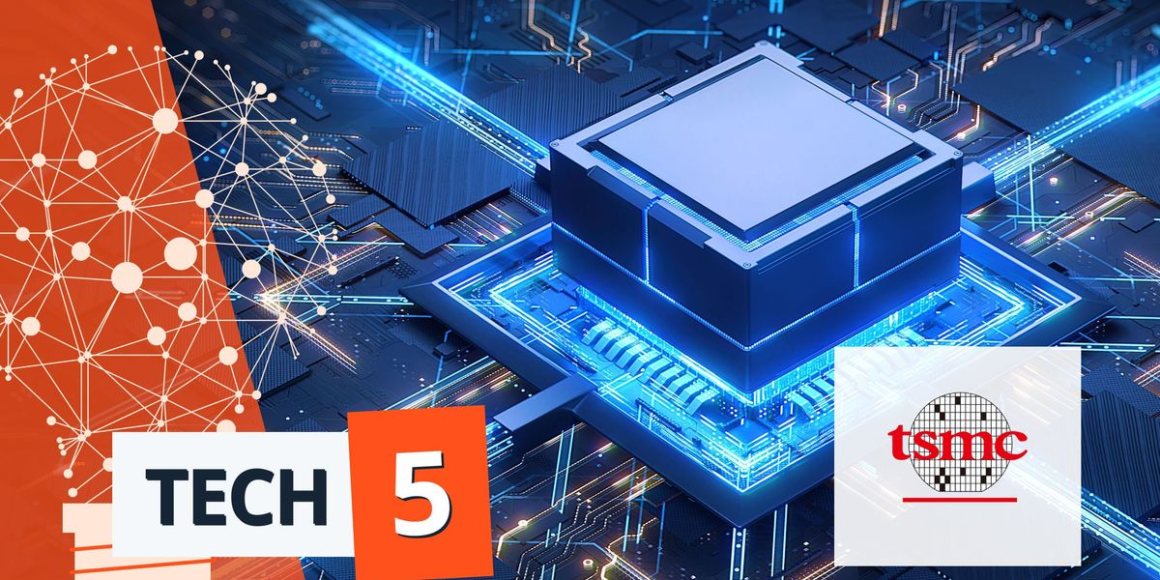Bitcoin reached new heights this week, then paused amid speculation about how high it could go.
Meanwhile, the Biden administration finalized a multibillion-dollar deal to bring advanced semiconductor manufacturing back to the US, and a nuclear energy company backed by Sam Altman announced data center supply deals.
Stay informed on the latest developments in the tech world with the Investing News Network’s round-up below.
Bitcoin’s price has continued to soar in the wake of Donald Trump’s US election victory, benefiting from bullish sentiment generated by anticipated crypto-friendly policies from the incoming administration. The market capitalization of the crypto industry has surpassed US$3.14 trillion, higher than the GDP of Canada, Brazil and Italy.
After rallying last week, Bitcoin ended the week up 19 percent over seven days, boosted by the prospect of looser regulations and support for innovation under the Trump administration.
The world’s most popular cryptocurrency reached a new all-time high of US$80,000 on Sunday (November 10) and continued its upward trajectory, peaking for the week at US$92,435 on Wednesday (November 13).
Coinciding with this news, XRP, the native token of Ripple — a company currently involved in legal disputes with the SEC — saw a 17 percent increase in value. The lawsuit challenges the SEC’s application of the Howey Test to classify cryptocurrencies as securities, arguing that the SEC’s interpretation goes beyond the original scope of the Howey Test.
Plaintiffs, including the DeFi Education Fund, point to the SEC’s case against Ripple Labs as a precedent. The judge in that case determined that XRP and similar cryptocurrencies are not inherently securities, even if initially offered as part of an investment contract. This ruling is now being referenced in other legal proceedings.
This ongoing legal challenge could further reshape the regulatory landscape for cryptocurrencies in the US in 2025.
As of 6:00 p.m. EST on Friday, Bitcoin was priced at US$91,246.49.
Oklo says its technology has the potential to revolutionize the way data centers are powered, providing a reliable and sustainable source of energy that can support the ever-increasing demand for computing power.
The company focuses on developing micro reactors, which are smaller than traditional nuclear reactors. This makes them a more viable option as they are better suited for a variety of locations and applications.
While Oklo did not specify which data center operators it received the letters of intent from, the news demonstrates the commercial viability of its technology and the growing importance of nuclear power in the energy mix.
While the company’s performance met market watchers’ expectations, its revenue forecast of US$7.15 billion for its first fiscal quarter of 2025 fell short of estimates of US$7.25 billion.
The news resulted in a 9.81 percent decline in Applied Materials’ share price for the week.
The company’s lower outlook suggests a slowdown in spending on semiconductor manufacturing equipment and indicates that chipmakers are potentially scaling back production expansion plans.
Foxconn projects that its AI server revenue will continue to grow, accounting for more than 50 percent of server revenue in 2025. The company relies on a steady supply of semiconductors to build these servers and its other products.
Foxconn’s focus on server demand aligns with the increasing adoption of cloud computing and other data-intensive technologies, driven by the increasing use of cloud-based AI platforms.
The news outlet states that testing of OpenAI’s newest model, code named Orion, shows that the rate of improvement appears to be slowing down. During testing, Orion struggled to solve problems it hadn’t been trained on.
The slowdown comes at a time when the availability of data to train AI models is declining. To address this issue, OpenAI has reportedly created a new team focused on improving its models’ capabilities — its strategies include using synthetic data produced by other AI models to train Orion and alter its post-training processes.
“The AGI bubble is bursting a little bit,” said Margaret Mitchell, chief ethics scientist at Hugging Face. “It’s become clear that different training approaches may be needed to make AI models work really well on a variety of tasks.”
Researchers developing new training techniques could shift demand away from chips used to train AI and toward “inference clouds,” described to Reuters by Sequoia Capital partner Sonya Huang as “distributed, cloud-based servers for inference.” This is the process of an AI model applying its knowledge to new data before generating results.
Securities Disclosure: I, Meagen Seatter, hold no direct investment interest in any company mentioned in this article.


Leave a Reply